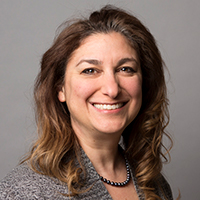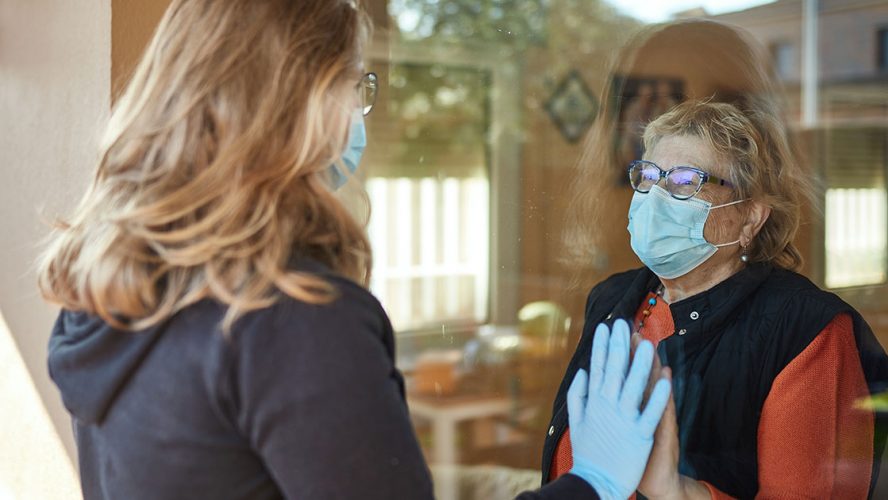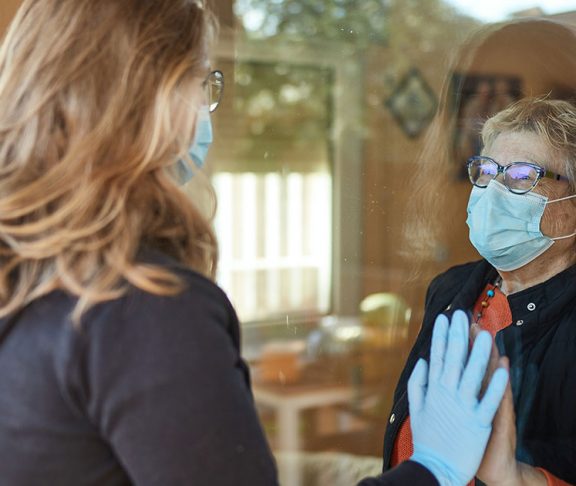
Dr. Allison Sekuler
Vice-President of Research, Baycrest
Older adults have been disproportionately impacted by the COVID-19 pandemic and it’s affecting their ability to manage their physical and cognitive health.
“We’re all in this together” has been a refrain uniting Canadians throughout the pandemic, but some have been impacted more heavily — including older adults.
The higher risk of serious outcomes if older adults are infected with the virus isn’t the only danger they face. “The pandemic has heavily affected the ways they can manage their health,” says Dr. Allison Sekuler, Vice-President of Research at Baycrest, Managing Director of the Centre for Aging + Brain Health Innovation (CABHI), and Sandra A. Rotman Chair in Cognitive Neuroscience at Baycrest’s Rotman Research Institute (RRI). “The activities they’re typically encouraged to do to minimize the risk of dementia — staying socially active, exercising, eating right, getting proper sleep, and staying cognitively engaged — have all become a challenge. For example, their mobility has been seriously impacted, and barriers to or lack of familiarity with technology can prevent them from staying connected.”
Proactive and comprehensive support
Baycrest, a leader in cognitive neuroscience and aging and brain health research, and one of the top 10 research-intensive hospitals in Canada, proactively supports older adults. The campus is home to a long-term care facility, geriatric care hospital, the RRI — one of the world’s leading research institutes in aging — and CABHI, a national solution accelerator that focuses on driving innovation in the aging and brain health sector. Baycrest is also the scientific headquarters for the Canadian Consortium on Neurodegeneration in Aging (CCNA), Canada’s largest dementia research initiative. “This diversity across the campus allows Baycrest to promote effective care and improved quality of life for older adults through foundational and translational research, as well as innovation,” says Dr. Sekuler.
In response to the pandemic, specialists at CABHI and RRI have leveraged their knowledge and expertise to better understand, address, and mitigate the virus’ impact on older adults’ lives while simultaneously continuing their pursuit of optimal brain health and aging.



